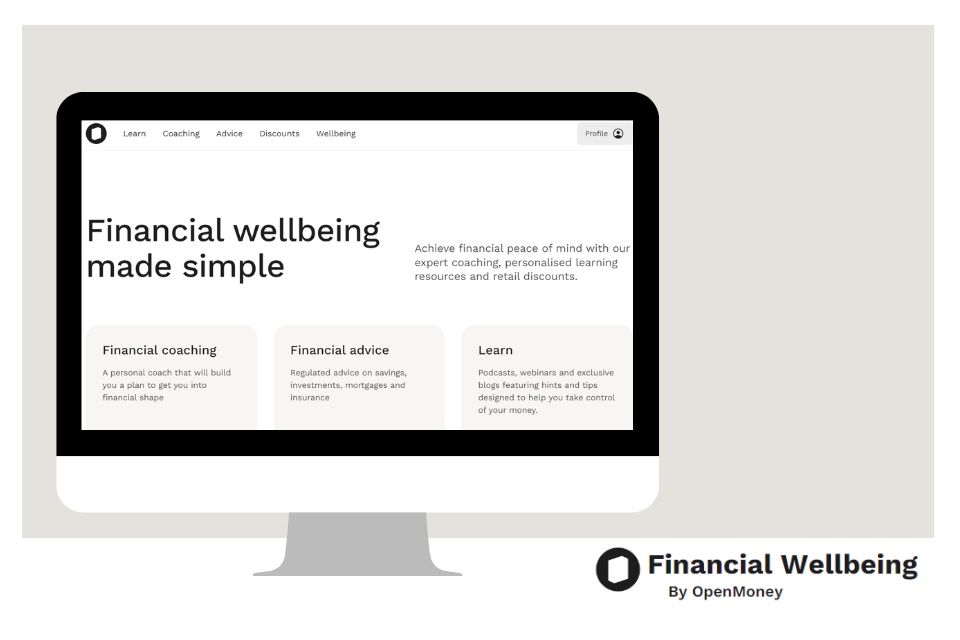There is recognition that individuals don’t always get taught how to be good with money or how to plan well for retirement.
Life can be unpredictable, and your employees may be faced with financial decisions outside of their skillset.
Providing career long financial education can benefit everyone in your business. That said, employers don’t get taught how to select education providers, so here are 5 tips about what you should consider…
Find out the true cost of the financial education
Costs and value are understandably going to be front of mind here. If you want to know the true cost, ask for these two prices when comparing education providers;
- Their standard price
- And, how much would their fee be to not recommend any products or services to your employees.
The providers who plan to sell other products and services to your employees are likely to quote a lower price or say it’s free, but the service does carry a cost. This will inevitably be passed on to your employees through any products or services they take up.
Be aware of education loaded with bias
Whilst there certainly are education providers who are purely there to train and help your people, you may be comfortable with the idea of a lower price and accepting the provider’s sales agenda. Remember though, your employees will expect you to have done due diligence not just on the education, but also any products or services offered as well.
Put the needs of your employees first
Each employee will have different concerns and decisions to make. Education should be directed at the individual, their career stage or area of financial need. You may have a specific group that warrants immediate attention, perhaps those who are close to retirement. Of course their needs are going to be very different to people just entering the workplace. What needs does your workforce have?
Look for use of multi-media
We all have different learning preferences. So it’s important to make sure education is provided in group and individual sessions, with print, digital and face to face delivery available. Consider what communication channels you’re using currently and identify any gaps.
Focus on life-long wellbeing
When we’re thinking about the welfare of a group of employees, we recognise that physical and mental health, social wellbeing and financial fitness are all important issues. When educating people about retirement, many providers focus on finances, often because they’re keen to push other products and services. The reality is that individuals need to consider every aspect of their wellbeing to better understand what they want their life to look like first. Only then can they truly understand how much money they need and want.
Benefit everyone in your business by providing career long financial education.
Because happy employees aren’t just good for business.
This article first appeared on jelf.com.









